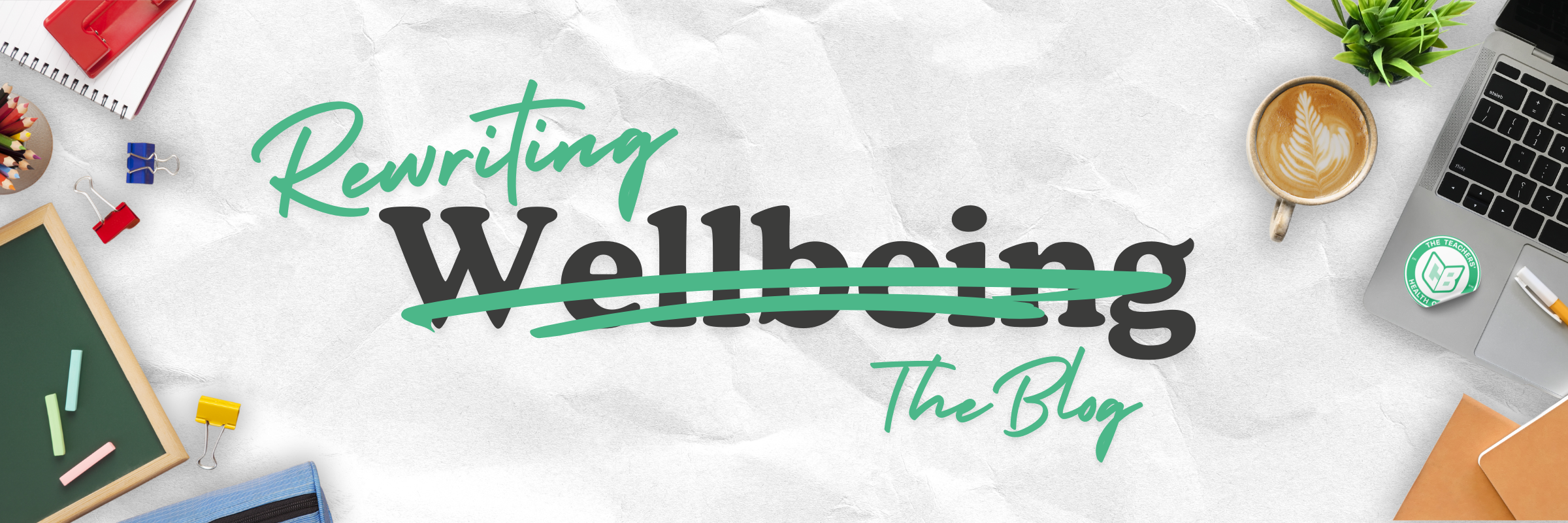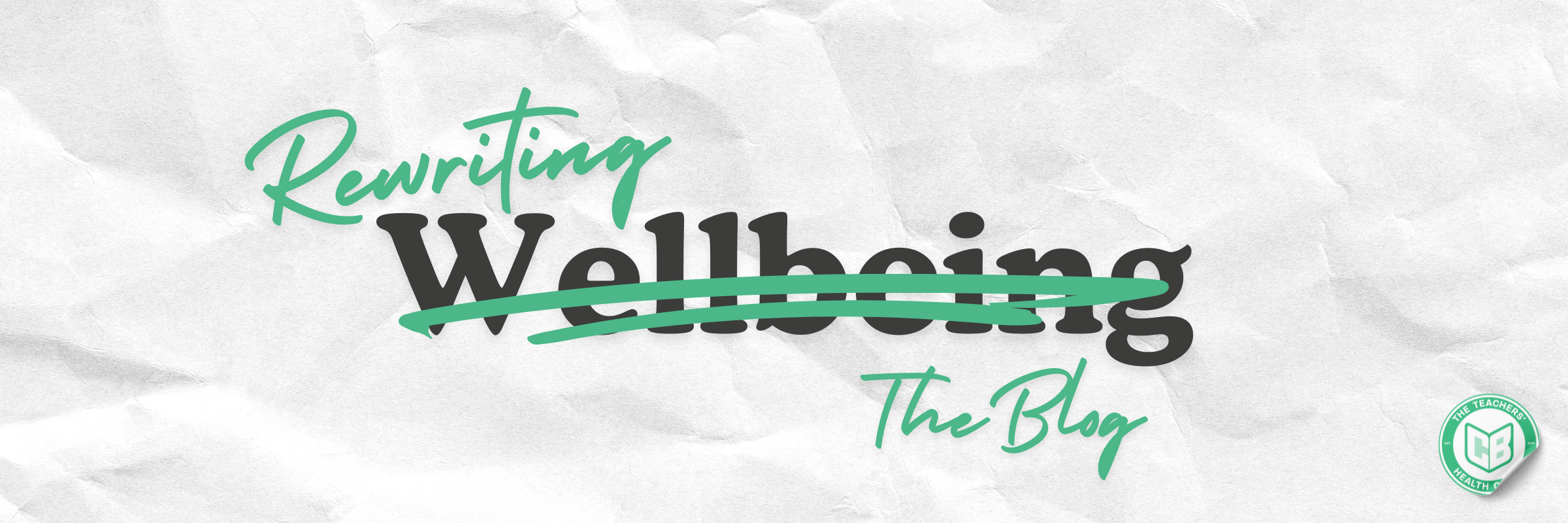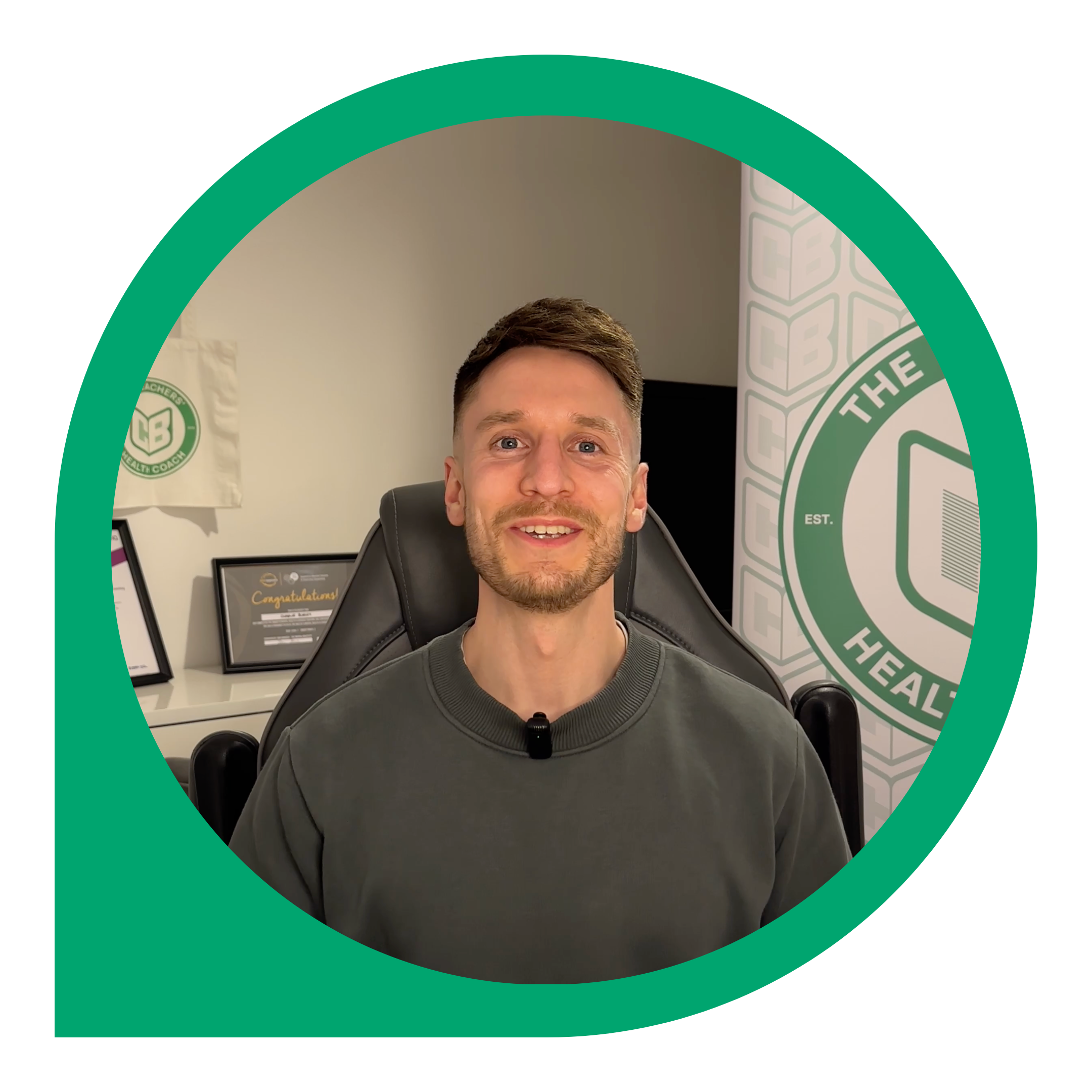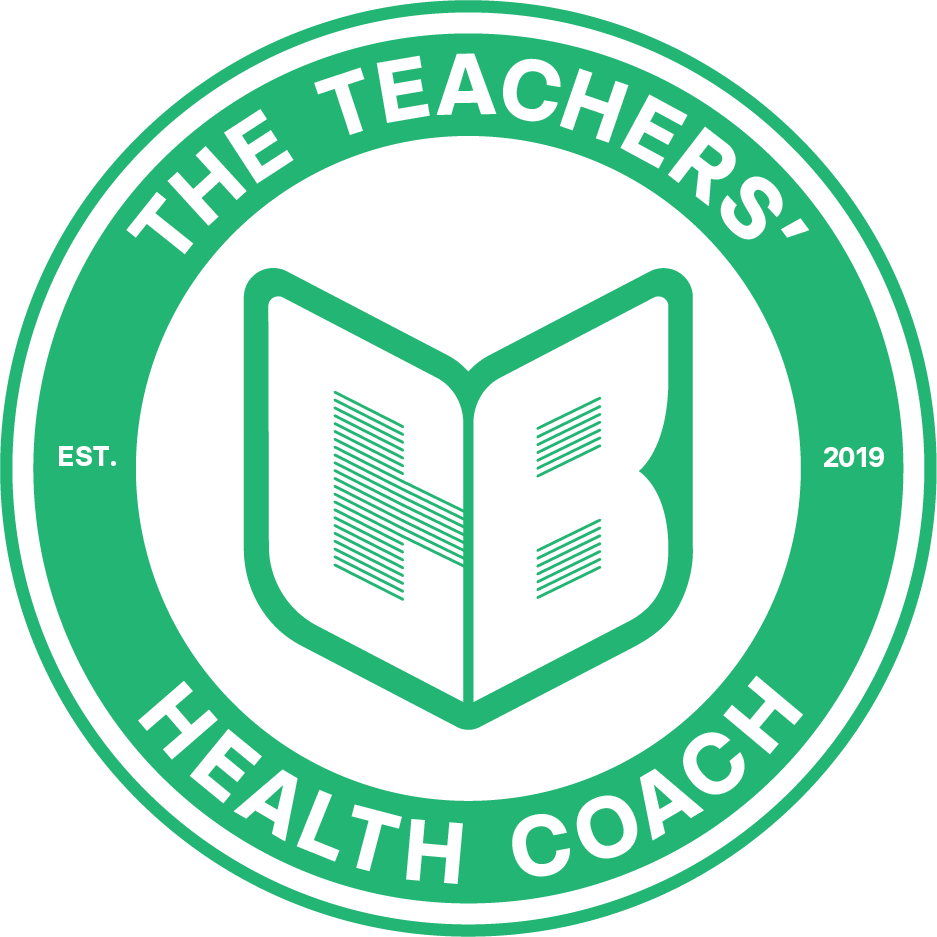


How slashing your screen time can help you feel calmer, less stressed and sleep more deeply...
Flashback!
It’s early 2019, the world is yet to be hit by the Coronavirus pandemic, the Jeremy Kyle show is still airing and the Ed-Sec-Shuffle is still going strong, with Gavin Williamson taking to the stage!
I was still teaching full-time in the classroom having recently recovered from burnout, after being diagnosed with chronic stress and anxiety earlier that year.
At the end of a long, arduous day in school, I’d always come home exhausted and inevitably end up on the sofa at some point with my phone in my hand - nothing surprising there for most of us.
Scrolling endlessly through social media platforms with the TV on in front of me, I’d almost be trying to multitask two things for me at once, as if I was clocking up double relaxation points or something!
Feeling like I hadn’t had a second to myself all day, I’d revenge procrastinate sleep. Staying up past the point of tiredness just so I felt like I had done something other than work that day.
But despite spending, if I’m totally honest, 2-3 hours “relaxing” most nights, I ironically felt more stressed, more anxious and more exhausted than ever.
"Why was this?" I wondered, "It doesn’t make any sense!"
"Yes, doom-scrolling might be giving you something, but also consider what it's costing you." - Tiffany Han
The truth lies in these little rectangles of glass, microchips and circuitry that we carry around in our pockets.
We haven’t lived long enough with these ultra-advanced bits of kit yet to have enough evidence to say for sure what increased time does for our brains and our mental health in the long-term, though the research from the last 20 years is starting to surface…
And it’s shocking!
There are a few main reasons why using our screens, and especially social media, late into the evening can leave us feeling more stressed, tired and overwhelmed than when we started.
Today we’re going to explore them through the parts of the brain (don’t worry, it’ll be far more exciting than it sounds…) that play a major role in our energy, mood and mental health!
Let’s dive into it…
First up on the podium is the prefrontal cortex! Involved in things like emotional regulation, controlling our impulses and decision making, the PFC (we’re on abbreviation terms now…) doesn’t like constant multitasking too much.
So typically, too much screentime, especially that spent multitasking or on social media, can overstimulate this region of the brain, draining our mental energy and making it harder to focus. It can reduce our ability to manage our emotions effectively leading us to feel irritable with an overall increased sense of stress; why is this sounding so familiar..?
Moving on to a part of the brain you probably know well as someone who co-regulates with their class constantly: the amygdala! Often nicknamed the brain’s emotional processing center and linked to our fight or flight response, the amygdala is massively impacted by the content we consume - especially when we’re already exhausted.
The negative news, comparison and comment-section-conflict we see so regularly can keep our brains in a heightened state of alertness, triggering stress and anxiety and making it harder to unwind before bed; not ideal when you’re knackered!
But this next part of the brain is where it gets really juicy because there’s a bit of deception in this one…
In our brains, we have our dopamine system (I’ve dubbed it that, it’s not a technical term), which is made up of two quite posh sounding parts: the striatum and the nucleus accumbens! These areas are very much involved in our brain’s reward, pleasure and motivation circuitry - especially in producing and regulating dopamine.
Now, our social media platforms weren’t just thrown together willy-nilly; they've been designed and engineered by neuroscientists, psychologists and behaviour-change experts. In short, they’ve been built to hack this dopamine system to keep us scrolling for longer - ultimately so we see more advertising, so they can make more money, but let’s not go there…
In fact, the inspiration for the like buttons, comment features and notification sounds came from something called operant conditioning and the behavior work of scientist B.F. Skinner who looked at how rats would repeatedly press a lever when rewarded after the behaviour!
The platforms we use day in, day out, were designed to condition our behaviours and drain our dopamine. This leaves us feeling wiped and wired at the same time - impacting our sleep cycle, mood and motivation!
So far it’s a pretty compelling argument for ditching your devices more often, right..?
Well, we’re not done yet…
The fourth part of the brain for us to look at is an area called the habenula, which is linked to mood, motivation and processing negative emotions, especially disappointment! One of its main jobs is to bring down dopamine when we come across a negative experience to help us avoid it in future.
You’ve probably heard how the artificial light that’s omitted from our screens can disrupt our brains’ “clock” or circadian rhythm, and can also impact our sleep by messing with our melatonin (sleep hormone) production.
But did you know that this can also affect how the habenula processes our emotions, leading us to hyperfocus on negativity and negative emotions, like stress, anxiety and overwhelm?
Finally, number five, there’s one more part of the brain that’s severely impacted by overuse of screens and social media, the hippocampus. Responsible for memory formation, emotional regulation and learning, it’s a pretty important part of our brains for us as teachers!
As we just discussed, too much screentime before bed can impact the quality and quantity of our sleep, especially time we spend in deep sleep; which happens to be when our memories tend to be consolidated! Poor memory formation is linked with stress, anxiety and that sense of overwhelm we know all too well as teachers!
So there you have it!
Right, take a breath, that was a lot of science…
To start wrapping us up, let’s ask the all-important question: what the heck can we do about it then?!
It might sound simple, but the answer is to use our devices less - especially late at night.
But, from experience, I know how hard this is to do: you’re overwhelmed, you want to be distracted from the stress of school and, you've been reaching for your phone in these moments for so long now, it’s second nature! Just stopping isn’t as simple as it sounds!
"So the opposite of addiction, is not sobriety. It is human connection." - Johann Hari
So this is where the Phone-Free-3 comes in.
Once as week, put an evening aside (say 7pm-10pm) to go completely phone free. It might help to pretend there’s been a powercut: no lights, no TV and your phones happened to have run out of battery too! Think candles, reading and listening to the rain - maybe throw in a few board games too.
To make it a bit easier, you could start with just 3 minutes at prime scrolling time, then 3 lots of 10 minutes and finally work your way up to the full phone-free 3 hours.
Having this hard-and-fast rule can help you go cold turkey for just a few hours a week. This will hugely help manage your stress levels, recharge that dopamine and even increase the connection you feel in your relationships by increasing oxytocin, that love & bonding hormone.
So, at some point this week, give yourself a “power cut” on purpose and do something supportive for your mental health & wellbeing.
References
Harvard Medical School (2021) Screen Time and the Brain. Available at: https://hms.harvard.edu/news/screen-time-brain
Psychology Today (2022) Two Parts of the Brain Govern Much of Mental Life. Available at: https://www.psychologytoday.com/us/blog/thinking-in-black-white-and-gray/202111/two-parts-the-brain-govern-much-mental-life
Stanford Longevity Center (2023) What Excessive Screen Time Does to the Adult Brain. Available at: https://longevity.stanford.edu
Springer Link (2023) The Effects of Screen Time on the Habenula and Emotional Processing. Available at: https://link.springer.com/article/10.1007/s11010-024-05123-9
Frontiers in Neuroscience (2015) Sleep and Memory Consolidation. Available at: https://www.frontiersin.org/articles/10.3389/fnsys.2015.00190/full
Sleep Foundation (2024) How Electronics Affect Sleep. Available at: https://www.sleepfoundation.org/how-sleep-works/how-electronics-affect-sleep




